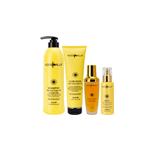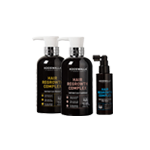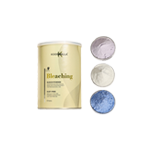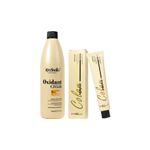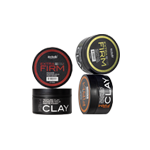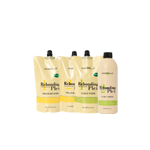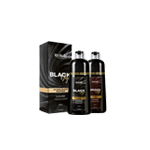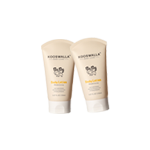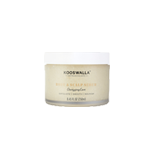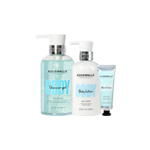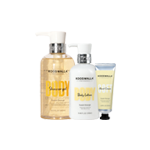Dandruff: Causes, Implications, and Effective Treatments
Dandruff, those pesky white flakes that often appear on the scalp, can be a source of frustration and embarrassment for many. In this article, we’ll explore the causes of , its potential harm, its impact on daily life, and five effective methods for treating it.

Causes of Dandruff
Dandruff can stem from various factors, including dry scalp, excessive shampooing, imbalance in sebum production, inflammation of the scalp, or fungal infections. Understanding the root cause is crucial for effective treatment.
Dry Scalp:
Insufficient moisture on the scalp can result in dryness, accelerating the shedding of the outer skin layer and causing the formation of dandruff.
Excess Sebum:
Overproduction of sebum on the scalp can lead to oil buildup and bacterial proliferation, triggering the development of dandruff.
Fungal Infection:
Overgrowth of fungi like Malassezia on the scalp can cause inflammation, accelerating the shedding of the outer skin layer and resulting in it.
Stress and Anxiety:
Prolonged stress and anxiety can lead to hormonal imbalance, increasing sebum production on the scalp and contributing to the formation of it
Skin Conditions:
Certain skin conditions, such as eczema and psoriasis, may extend to the scalp, causing inflammation and excessive shedding of skin cells, leading to it.
Harmful Effects
While dandruff itself is not a serious medical condition, it can lead to discomfort and self-consciousness. Persistent scratching of the scalp may cause redness and inflammation, and in severe cases, it can contribute to hair loss. Additionally, the visible flakes on clothing can be socially distressing.
Treatment Methods
Use of Medicated Shampoos:
Medicated shampoos containing ingredients like ketoconazole, selenium sulfide, or salicylic acid can effectively control dandruff. Regular use, as directed, can help reduce flaking and itching.

Natural Oils and Moisturizers:
Applying natural oils, such as tea tree oil, coconut oil, or olive oil, can help moisturize the scalp and reduce dryness. These oils possess antifungal properties that may combat the underlying causes of dandruff.
Maintaining a Balanced Diet:
Nutrient deficiencies can contribute to dandruff. A well-balanced diet with essential nutrients like zinc, B vitamins, and omega-3 fatty acids supports a healthy scalp. Consider incorporating foods like fish, nuts, and leafy greens into your diet.
Avoiding Harsh Hair Products:
Harsh hair care products, including certain shampoos and styling products, can exacerbate
